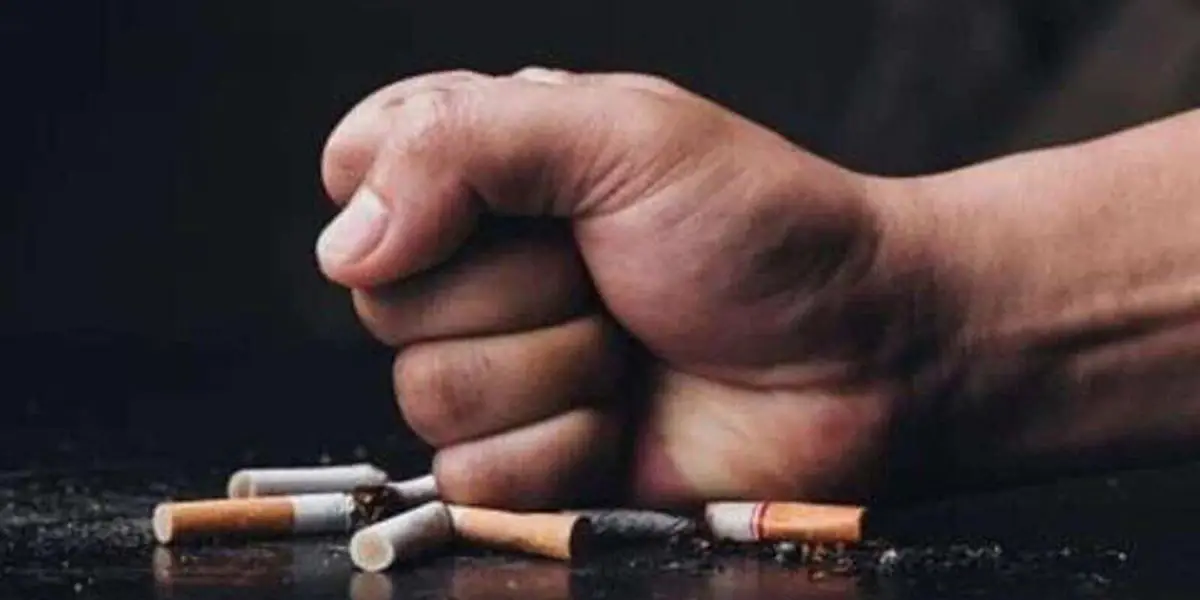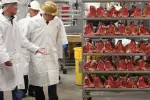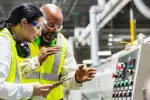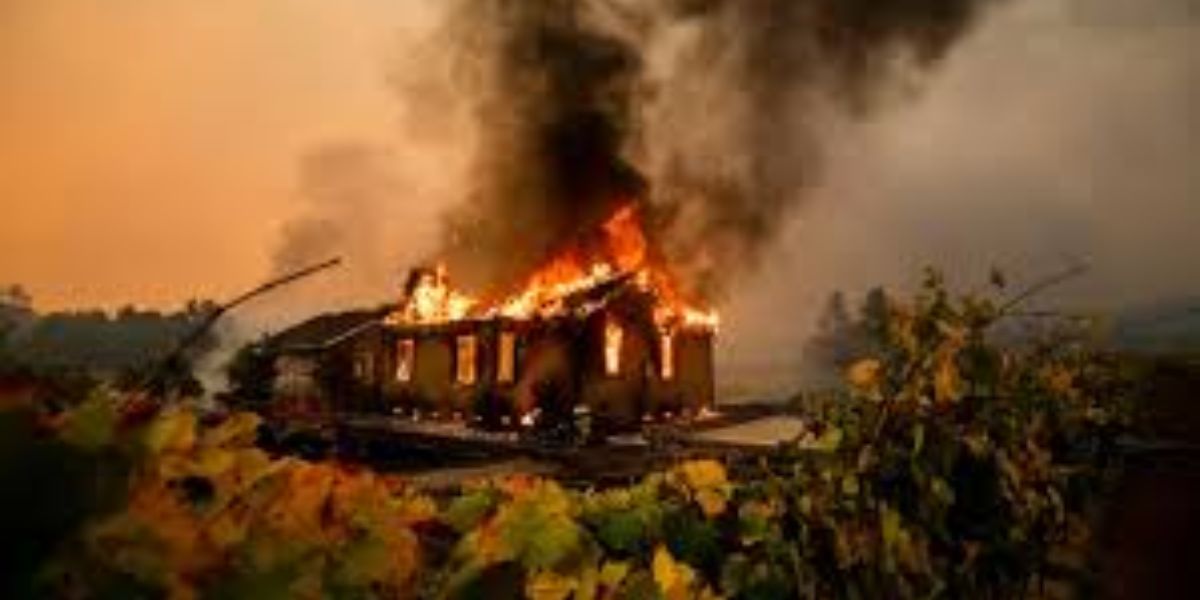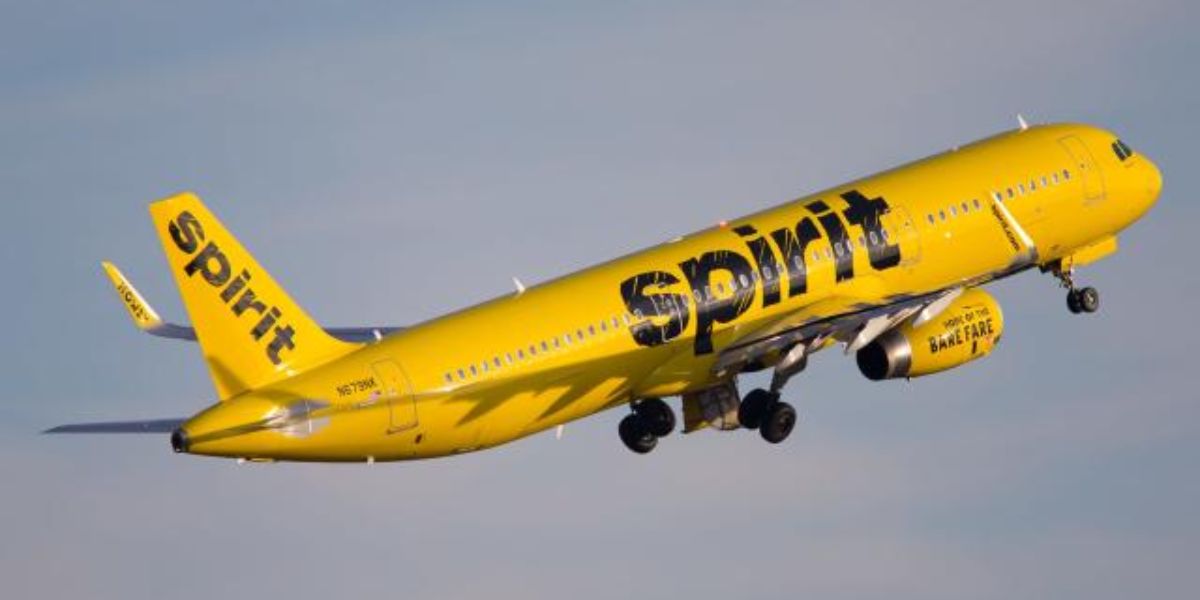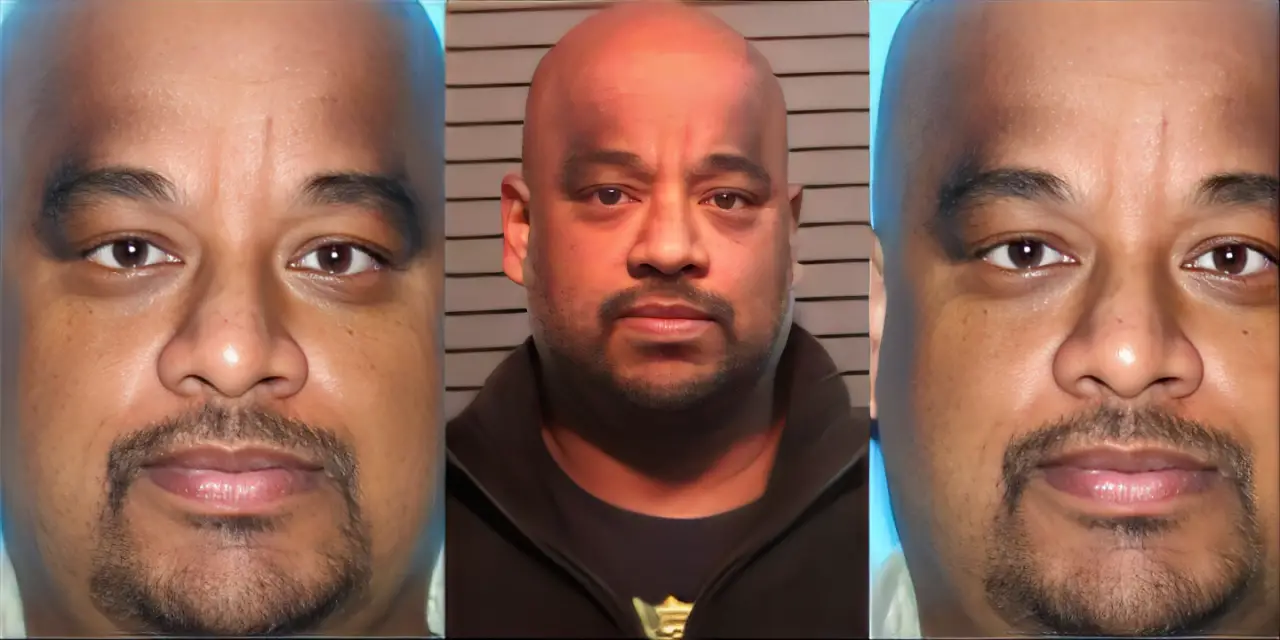Efforts to raise the cigarette tax in Indiana have failed to pass in the state’s General Assembly.
However, a key legislative leader earlier this week indicated there might be support for the measure.
Speaking at the Indiana Chamber of Commerce’s Legislative Preview, Senate President Pro Tem Rod Bray, R-Martinsville, said next year’s session might be the time to consider raising the tax that was last increased in 2007.
The chamber and health advocates across the state have for years called on the state to increase the tax, which at 99.5 cents per pack is the 13th lowest nationally, according to the American Lung Association, by $2. A hike of that size would give Indiana the 12th-highest rate across all states and Washington, D.C.
Besides the tax serving as an incentive to get fewer people to start smoking and more people to stop which Bray told chamber members is a worthwhile endeavor, the Senate leader also noted the state has financial reasons to consider.
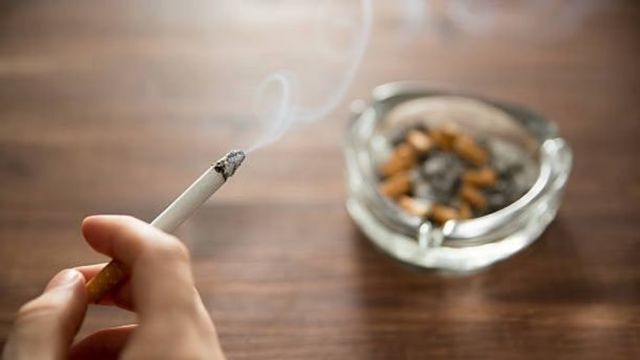
“The other added feature this year is that we’ve got a Medicaid challenge financially,” he said. “It started out as a $984 million missed forecast that we discovered last year. So, there’s some added motivation to maybe do this tax as a result of that to try and help shore that up a little bit.”
However, Bray cautioned it would be up to the majority caucus whether to proceed with that.
Health advocates have pressed for the tax increase, noting Indiana has one of the nation’s highest adult smoking rates. According to the Lung Association, the 16.2% of Hoosiers 18 and older who smoke ranks as the ninth-highest in the country. Of the more than 744,000 smokers, about 490,000 – or 52.1% – have tried to kick the habit.
Tax Hacks You Need: 12 Expert Tips to Potentially Save $5,000 on Your Income Tax
“Increasing Indiana’s cigarette tax has never been about the money it will generate,” Tiffany Nichols, the Lung Association’s advocacy director in Indiana, told The Center Square. “For us, it has always been about reducing the burden of tobacco on individuals, families, and communities. Increasing taxes on cigarettes is a win-win proposition: significantly increasing cigarette taxes results in fewer kids starting to smoke, and more adults quitting, plus it provides substantial revenue to fund important health and tobacco prevention programs.”
The chamber also sees a higher cigarette tax as a means to improve the state’s health, which in turn would reduce insurance costs for employers and increase productivity as fewer employees would miss time due to smoking-related ailments.
David Ober, the chamber’s senior vice president of business operations and finance, told The Center Square that the state’s high smoking rates would indicate it’s also a driver of Medicaid costs. In that way, the tax increase would work both ways. It would lower health care expenses because more people would quit smoking, and at the same time, those paying the tax would cover at least in part the amount the public health insurance plan spends on smoking-related issues.
New Status Taxation Here! Washington Joins the Ranks of States That Don’t Levy a State Income Tax
A new state financial forecast is expected to be released next month, and that would indicate the current size of the shortfall. In July, the gap was estimated to be $455 million.
“It seems as if the Senate was kind of looking for the looking at the cigarette tax as now, this is a break-glass-in-case-of-emergency proposal, and we are now, at that point with the Medicaid shortfall that it’s time to break the glass,” Ober said.
He added a $2 tax increase could generate more than $350 million in new revenue for the state, and any hike in the cigarette levy would need to be substantial. Otherwise, tobacco companies could use promotions like rebates and coupons to offset the increase, and that would allow retailers to not significantly alter the price.
— MJP
Juniper Calloway is a dedicated journalist with 3 years of experience in covering hard-hitting stories. Known for her commitment to delivering timely and accurate updates, she currently works with MikeandJon Podcast, where she focuses on reporting critical topics such as crime, local news, and national developments across the United States. Her ability to break down complex issues and keep audiences informed has established her as a trusted voice in journalism.

